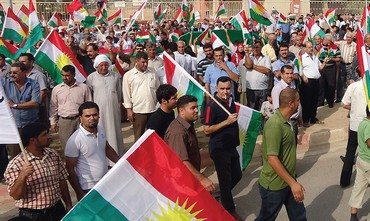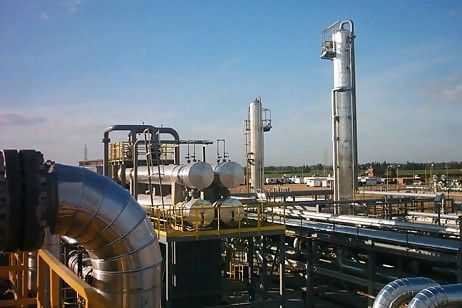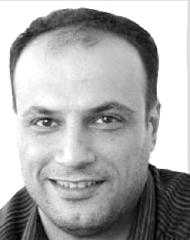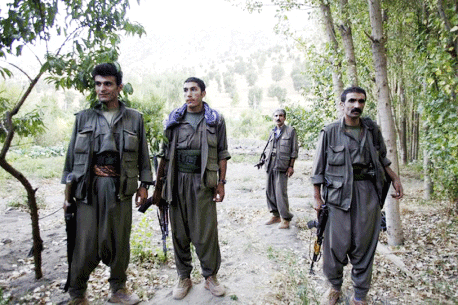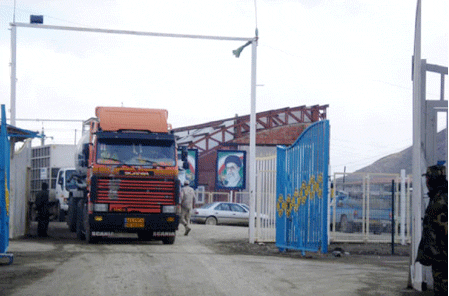by Mohammad Shirdel
The government of Turkey has recently engaged in new rounds of dialogue and negotiation with their Kurdish population. However, in order for these talks to result in some sort of tangible gains for their systemically marginalized and suppressed Kurdish population, Turkey needs to make some concrete promises.
Because Turkey stood to lose a significant amount of land if Kurds were given their own state, they made it very clear shortly after the conclusion of WWI that they would not support any such agreement. One of the main problems for Turkey was that the Kurds had their own distinct culture and language, which they wanted to preserve. Overall, the current situation in Turkey in regards to their Kurdish population is essentially the same, in that they have more or less the same level of cultural protection and autonomy as they did close to 100 years ago.
One of the biggest obstacles to a positive relationship between the two sides is that of the Kurdish language, which was essentially outlawed in Turkey up until two decades ago. Therefore, one of the first steps in guaranteeing a viable resolution needs to be to provide the Kurds with state recognized schools intended to formalize Kurdish. This is because the recognition and institutionalization of Kurdish will give the language a solid foundation from which to build on in terms of how to properly write as well as speak. The current system of giving students a choice of taking Kurdish as an elective (as Prime Minister Erdogan recently suggested) is simply not enough to ensure the longevity or even existence of a language that has variations just in Turkey, never mind Iraq, Iran and Syria who also have their own versions. The problem with not having a formal language is that it severely hampers inter-Kurdish communication as well as rendering Kurdish useless as a symbol of helping Kurds identify with their own ethnicity outside of their local community.
A secondary reason for the institutionalization of Kurdish is the positive advantages for both the Kurds as well as the Turks. For example in Canada where the concept of having two native tongues (French and English) was originally thought of as detrimental to the overall cohesion of society, it is now lauded as one of its major accomplishments. And, while there are significant aspects such as the economic advantages of being able to have more trade through cross-cultural dialogue, the more important issue is that in Canada “what it guarantees is that no matter which language you speak – English or French – you can get the same level of service.” Therefore, by having the ability to have their language recognized, Kurds will be able to feel more included in Turkey, which in turn will help in stabilizing the relations between the two sides.
Another major hurdle for a viable resolution to the longstanding conflict in Turkey is the lack of representation that Kurds have in the legislative branch of government. Therefore, an armed struggle by the PKK is still viewed with a certain sense of legitimacy because of the outlet it provides for Kurds who feel as though their needs are constantly marginalized. In order to help reduce the attractiveness of bearing arms and combatting the Turkish government militarily, the central government needs to give assurances to the Kurdish community that they will have a permanent and guaranteed voice in parliament. By doing so, it would to remove some of the legitimacy as well as power of the military wing of the PKK, and move it over to their political branch known as the Peace and Democratic Party (BDP). This will help to both reduce the amount of violence in the region, and arguably more importantly it will help to address the most pressing grievances that Kurds have, by giving them legitimate political representation. Granted the BDP currently holds 34 seats of the 550 that were up for grab in the elections. Clearly having a voice in government is a step in the right direction. However, there are no guarantees in place to ensure that the Turkish government wont just ignore those voices as well. Therefore, Turkey needs to implement changes to their parliament, somewhat akin to what Canada has done.
For example, the Canadian government currently designates 75 out of its 308-seated parliament to the province of Quebec. It is important to note the symbolic as well as the functional benefits of this aspect of the Canadian parliament. Firstly, this measure ensures Quebec has a powerful voice in the legislative process of their country. Second, it proves to the people of Quebec that their voice will always be heard in government. Therefore, regardless of what parties are representing them, Quebecers will never be left out of the national conversation.
And while Canada has a horrible track record of the way they have treated their indigenous population as well as the current conditions of some native Canadian reserves being clearly indefensible, the way that Quebec has been protected through and by the legislative process, is something that Turkey can learn from when thinking of their Kurdish population.
via Making Turkey work with the Kurds: the Canadian example | Alliance for Kurdish Rights.


